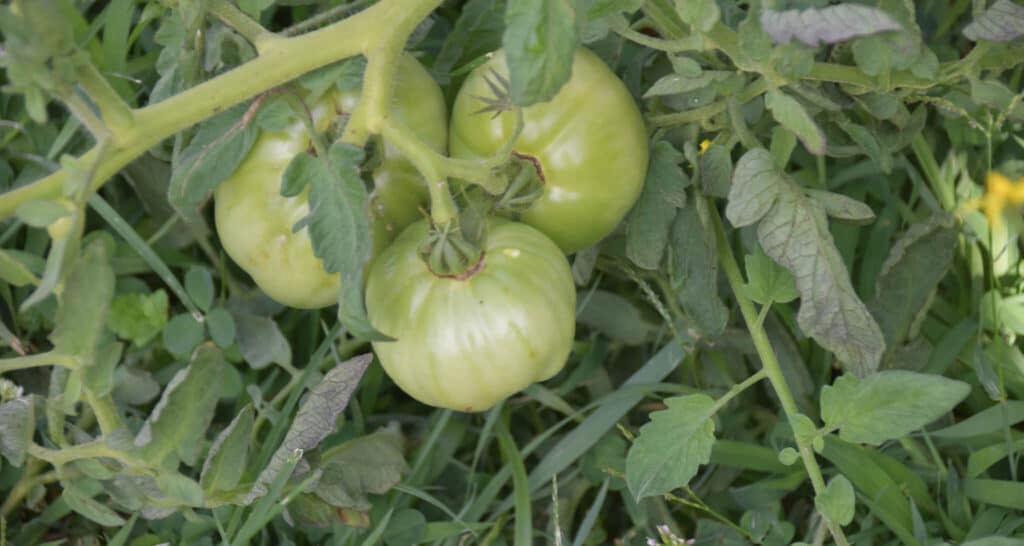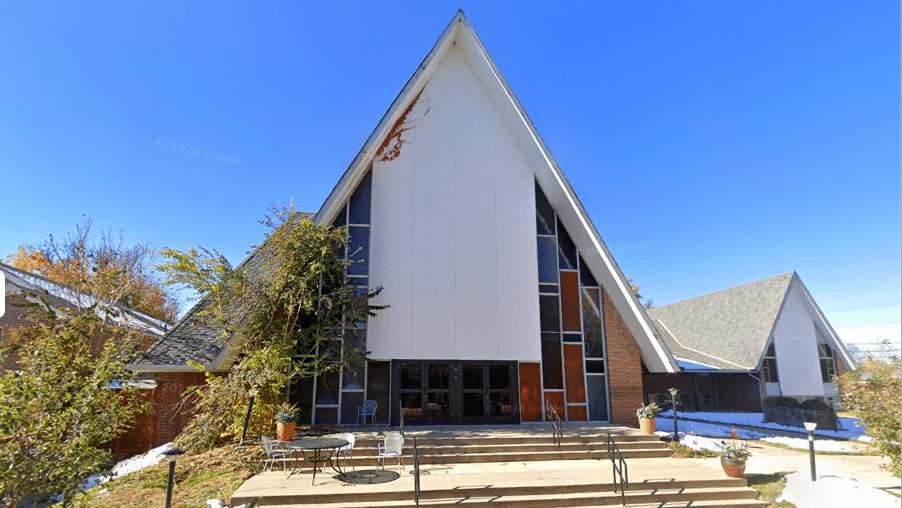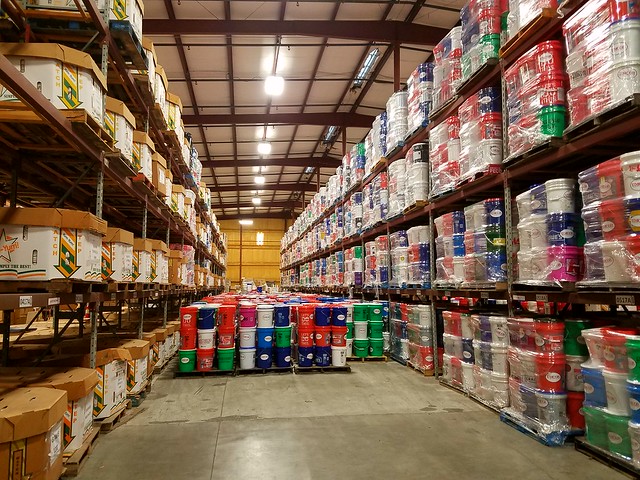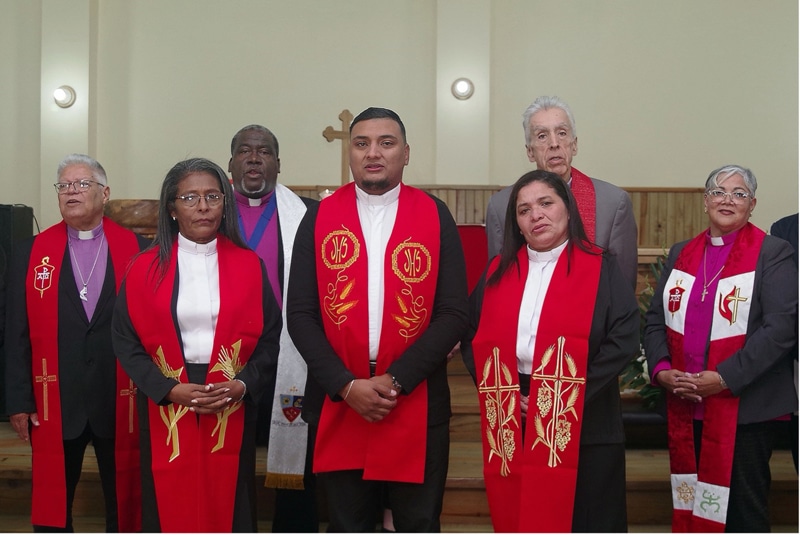By Michelle Okabayashi
April 16, 2020 | ATLANTA
“Mom has been saying for 10 years now how important it is for us to start collecting original seeds,” explained the Rev. Crystal Paul Watson. Crystal and her mother, Lavanda Paul, were both commissioned as Global Ministries EarthKeepers last fall.
EarthKeepers is a Global Ministries and United Methodist Committee on Relief program designed to equip United Methodist clergy and laity to lead their communities in environmental stewardship. All EarthKeepers are expected to launch an environmental project in their communities as part of their work. For Watson and Paul this is the Harmony Creation curriculum for youth and young adults. The mother-daughter team is collaborating cross-country with Paul in Mobile, Alabama, and Watson in Warwick, New York.
“When we went to the [EarthKeepers] training, it just nurtured the idea. We were able to see how fruitful it was going to be for us to be able to do it together,” explained Watson.
“Everything just fell into place. The Holy Spirit was leading and it worked out,” Watson recalls of those early days, imagining how the Harmony Creation curriculum would take root.
When Watson returned from the EarthKeepers training she sat down with her youth group and asked them about their goals in the coming year. There were two: start a community garden and serve through a monthly church breakfast. These goals fed into the core components of the Harmony Creation curriculum: connecting care for the earth through gardening with the ways God cultivates human hearts and sharing ways to include all at the table through physical and spiritual food. The Harmony Creation curriculum will include recipes from around the world to teach how other cultures use the food they grow.
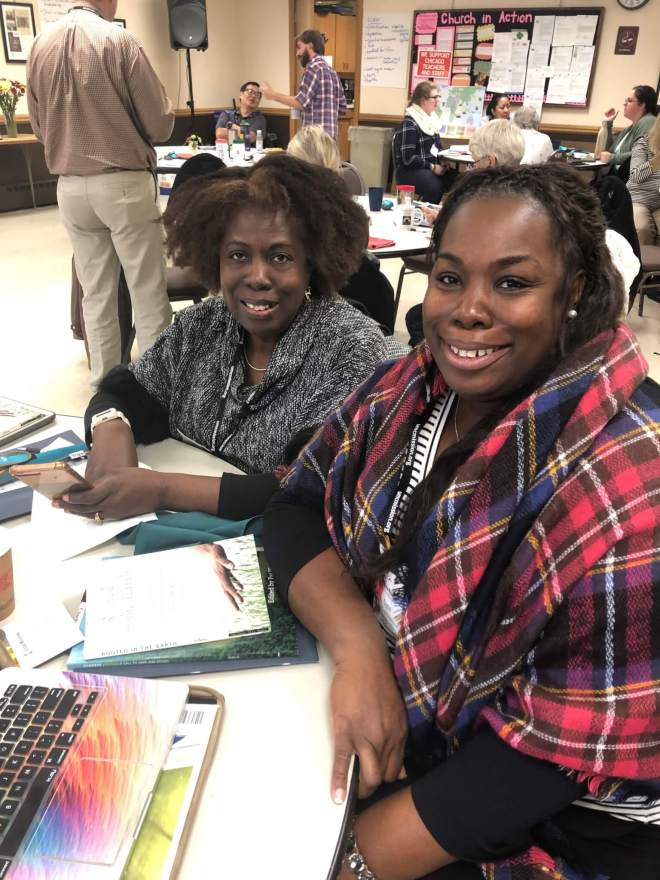
The Harmony Creation curriculum is nearly complete and will soon go to design and press. Paul and Watson are introducing it to the young people they already work with in both states. Watson also has several clergy in her network who are implementing the Harmony Creation curriculum in their congregations this spring.
When asked about her role in the project, Paul declares with a chuckle, “I am the master gardener!” Born and raised on a farm in Alabama, Paul’s ties with gardening and the earth run deep. She has a passion for collecting and preserving original seeds and growing them in her home garden. Each lesson in the Harmony Creation curriculum includes a story from Paul that shares her knowledge of seeds with the next generation.
Her excitement for collecting and preserving shows up when she talks about watermelon and how the majority of watermelons today have no seeds.
“I have always made it a point to teach young people that watermelons come with seeds. I don’t know why it’s so important to me. Maybe when I get to heaven, I’ll find out why it’s so important to me to let all my children know that watermelons have seeds.”
“You can prefer a seedless watermelon, but every person should know that God made it to have seeds in it. Because, that’s God’s design,” Paul explains.
The first lesson in the Harmony Creation curriculum discusses the idea of an original seed. That, when God created those first fruits and vegetables in the Garden of Eden, God placed a seed within them, so planting and harvesting could take place again and again.
Watson brings this back to the watermelon: “When you have a seedless watermelon, you cannot reproduce it!”
In their hopes for the long-term impact of the Harmony Creation curriculum, Watson and Paul want to see multiple generations grow in their love for the earth and gardening. This spring has seen many challenges with COVID-19 limiting their ability to meet in person with their communities and youth groups. They are working on creative ways to move forward as the 2020 growing season begins.
A year from now, Watson and Paul hope to have branched out from the small network of churches that are currently participating to share the Harmony Creation curriculum with local schools and other community groups. They want to see community gardens beyond those established by the church. These gardens can connect generations and different cultures to one another to show how we are all tied to God’s good earth and our role in caring for it.
Michelle Okabayashi is a freelance writer for Global Ministries.
